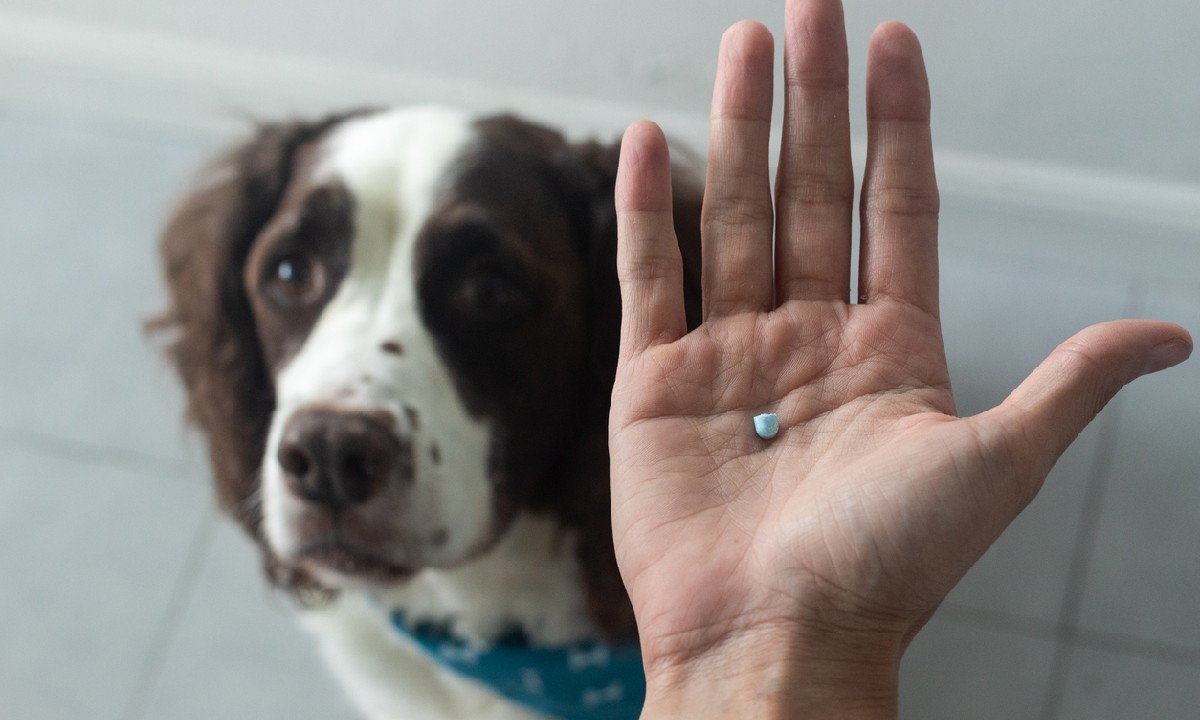Is Your Dog Having Issues With Digestion? This Can Help!

Dogs are some of the most loved animals on the planet and for good reason. They’re loyal, friendly, and always happy to see us. But even the best canines can have occasional digestive issues. So, if your furry friend has been having problems with digestion, don’t worry — there are things you can do to help.
In this brief, we’ll explore some of the most common causes of dog digestion issues and provide tips on how you can help your pup feel better. So whether your pooch is constipated, has an upset stomach, or is just a picky eater, we’ve got you covered. After reading this post, you’ll be able to help your fur baby feel better in no time.
USE ANAL GLAND SUPPLEMENTS
There are several anal gland supplements on the market that can help ease digestive issues in dogs. These supplements contain ingredients that help support the gastrointestinal tract’s health and improve nutrient absorption. Additionally, they can help reduce inflammation and promote a healthy balance of gut bacteria.
When choosing an anal gland supplement, you must opt for one that is tailored to your dog’s specific needs. So, if your dog has chronic digestive issues, you may consider a supplement that contains probiotics and enzymes.
For dogs with the occasional digestive upsets, a simpler formula may be sufficient. Regular use of anal gland supplements can help keep your dog’s digestive system functioning properly.
ADD PROBIOTICS TO THEIR DIET
Many people are familiar with the benefits of probiotics for human health, but probiotics can also be beneficial for dogs. Probiotics are live microorganisms that help promote healthy gut flora.
When dogs eat probiotics, it helps increase the number of good bacteria in their gut and can lower the pH level of their intestine. This can lead to a decrease in gastrointestinal problems, such as diarrhea, gas, and bloating.
In addition, probiotics can help boost the immune system and protect against infections. For dogs with digestive issues, adding probiotics to their diet can help ease symptoms and promote overall health.
REFER TO ANTI-NAUSEA MEDICATIONS
Anti-nausea medications can be a big help when it comes to easing digestive issues in dogs. Also known as antiemetics, these medications work by controlling nausea that can accompany an upset stomach. Some antiemetic medications may also hasten the passage of food through the stomach.
Often, they are used in conjunction with other treatments, such as dietary changes or probiotics. In many cases, they can help relieve symptoms quickly and get your dog back on track. Talk to your veterinarian if you think your dog might benefit from an anti-nausea medication. Such professionals can help you find the right medication and ensure it is safe for your dog.
KEEP YOUR PUP HYDRATED
One of the best ways to ease your dog’s digestive issues is to ensure they’re properly hydrated. You see, when a canine is dehydrated, its intestines and colon can’t function as efficiently. This can lead to constipation, diarrhea, and other digestive problems.
By keeping your dog hydrated, you’ll ensure its digestive system works properly and prevent unwanted digestive issues. Plus, it’s just good for their overall health. So ensure your dog always has fresh, clean water to drink. Consider getting them a high-quality dog water bottle if you often take your woofer out.
FINAL WORDS
If your pup is having trouble with digestion, one or all of these tips may help. Adding an anal gland supplement, probiotics and anti-nausea medications to their diet can make a big difference. And, don’t forget to keep them hydrated. Have you found any other useful tips to ease your pup’s digestive issues? Well, don’t forget to share them with us in the comments!
